I am London 2020
Welcome to the London & Middlesex Local Immigration Partnership's seventh annual I am London campaign. This year’s campaign focus is immigrant professionals in the health and well-being sector.
Started in 2013, I am London is a social media campaign that showcases diversity and celebrates successful immigrants who have chosen to call London home. These proud and engaged members of our community share their inspirational stories.
Started in 2013, I am London is a social media campaign that showcases diversity and celebrates successful immigrants who have chosen to call London home. These proud and engaged members of our community share their inspirational stories.
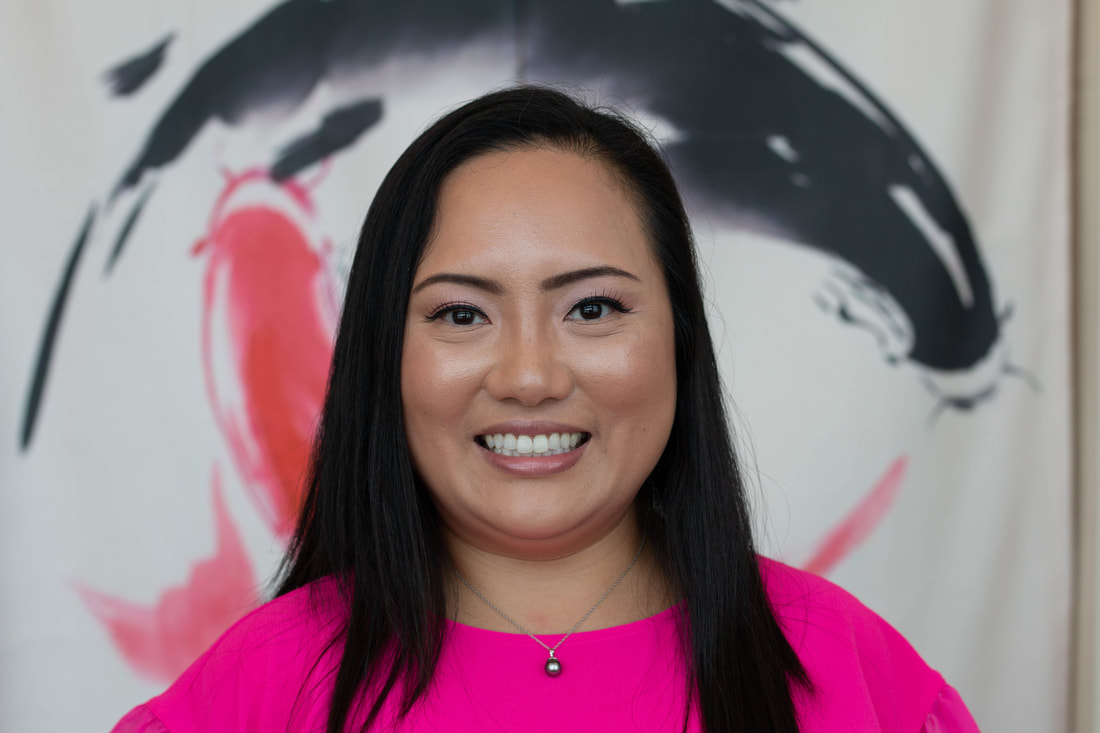
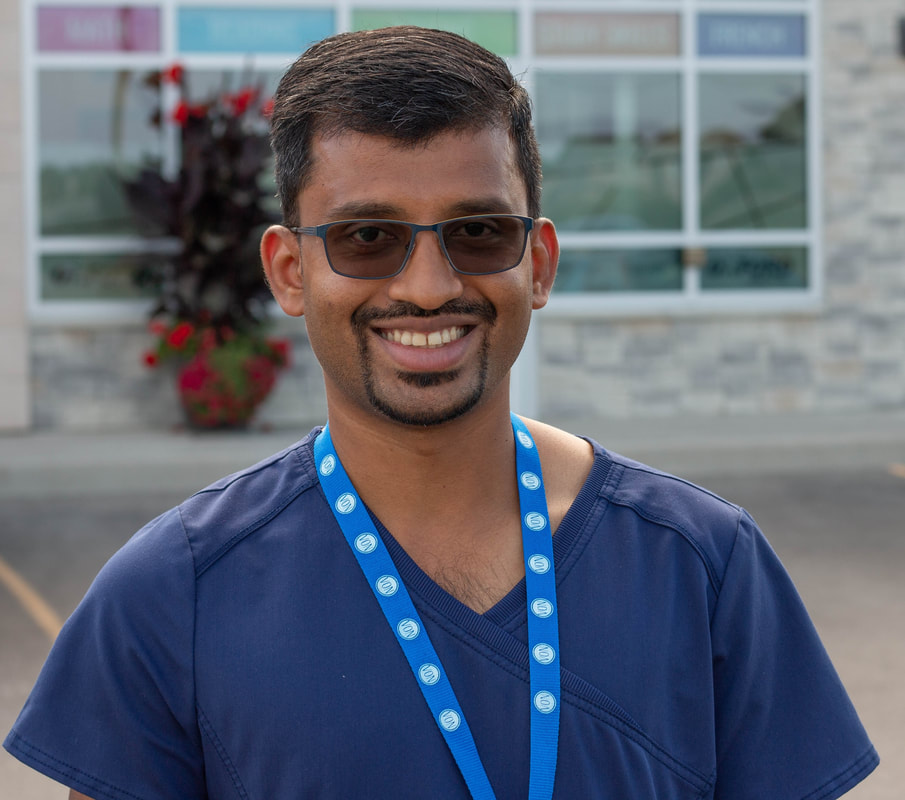
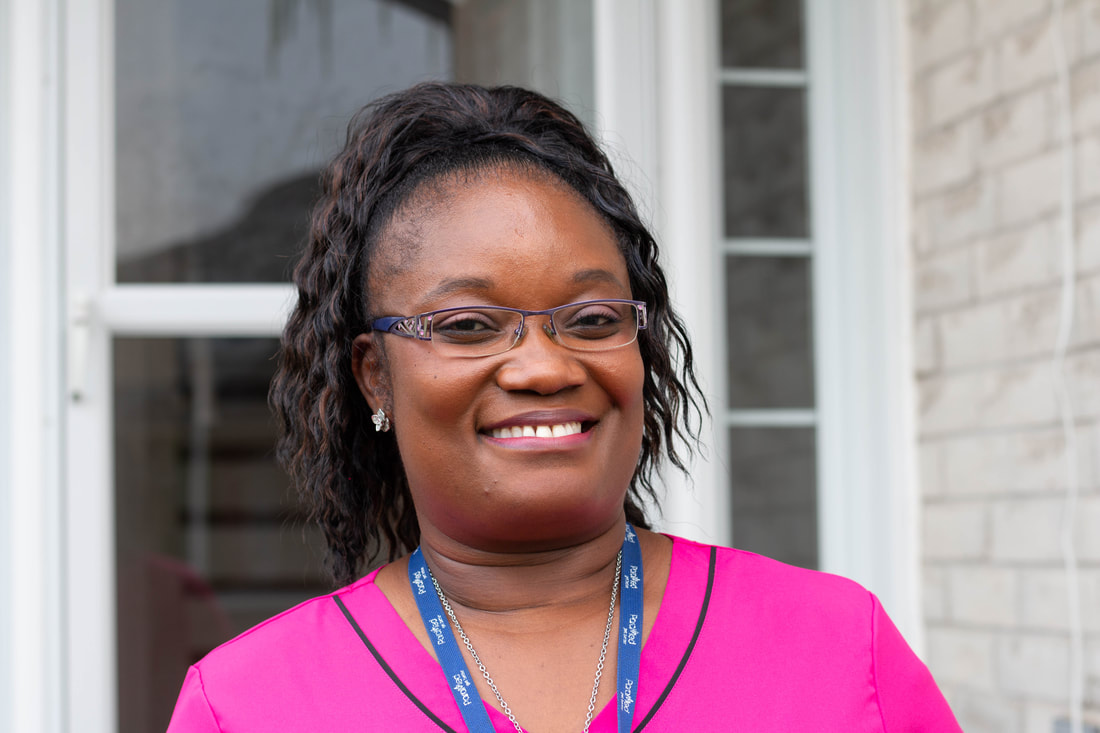
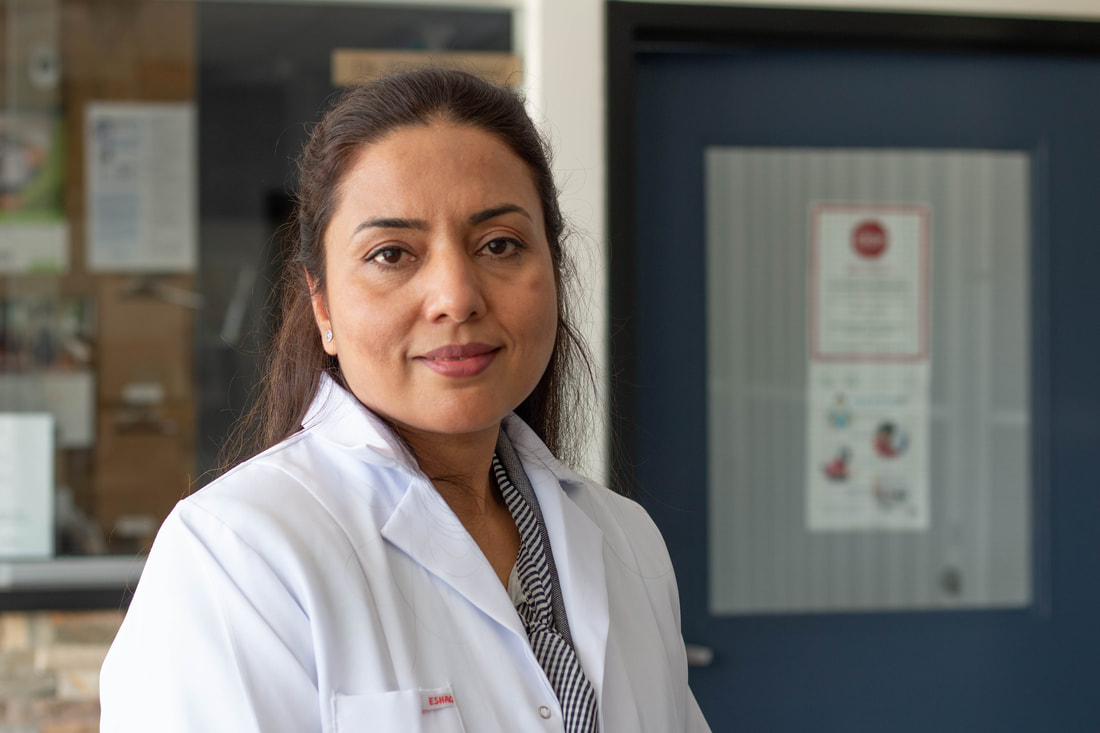
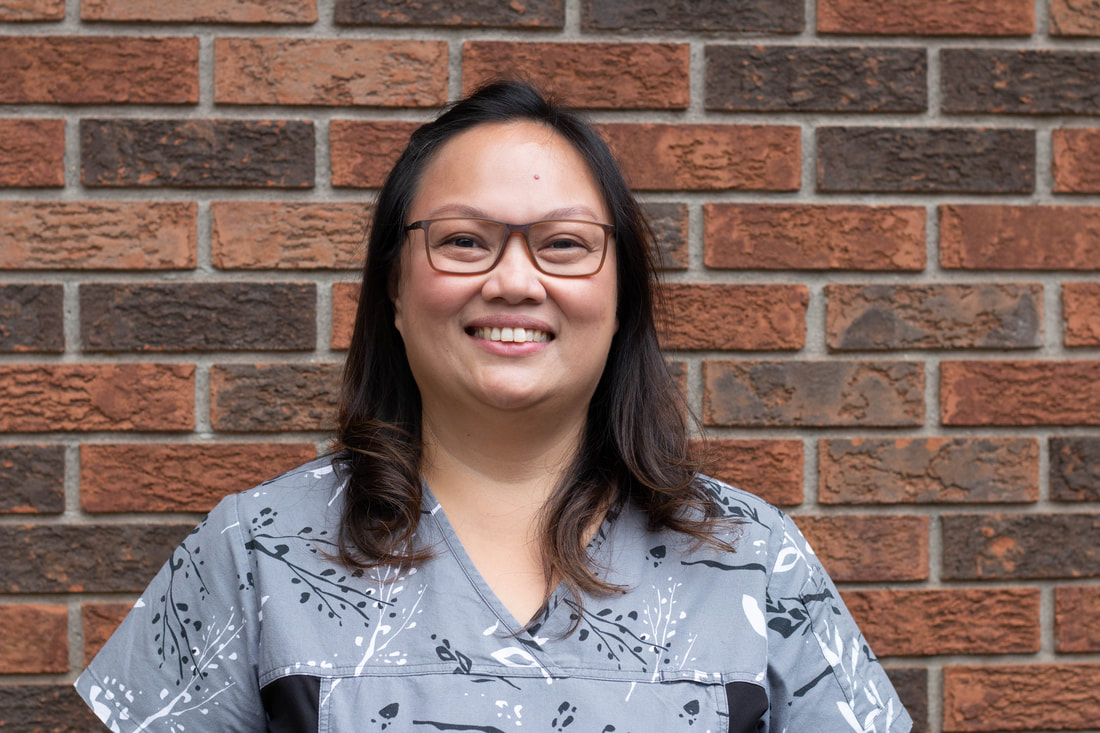
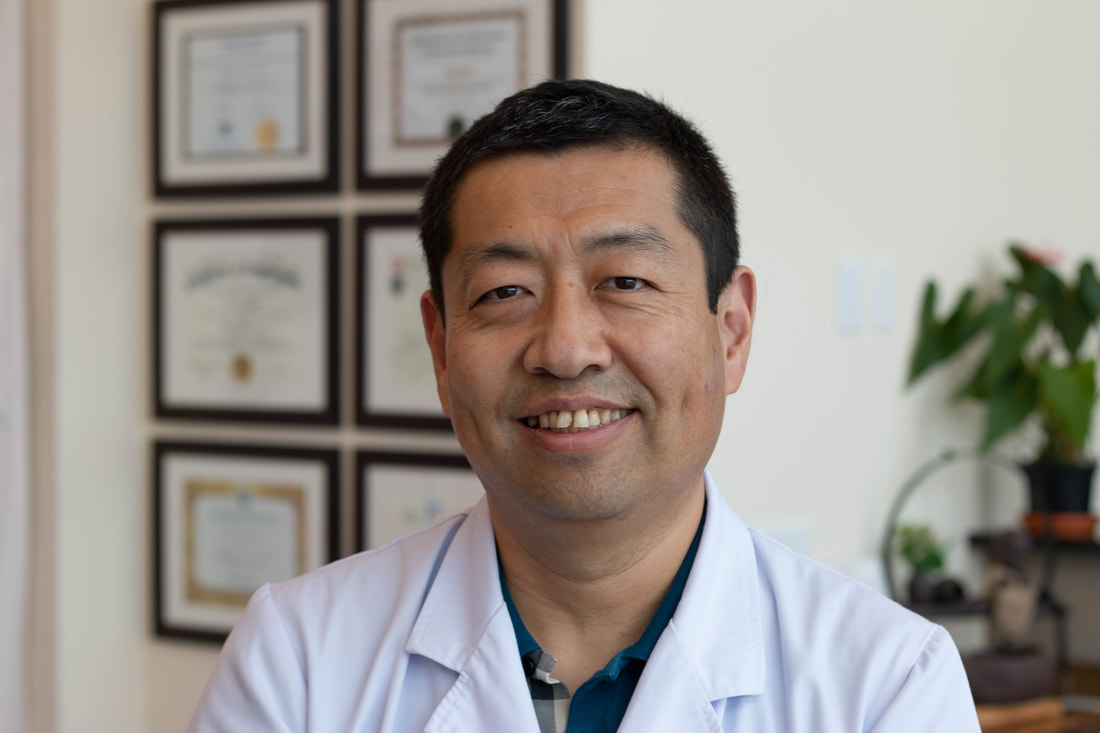
 RSS Feed
RSS Feed